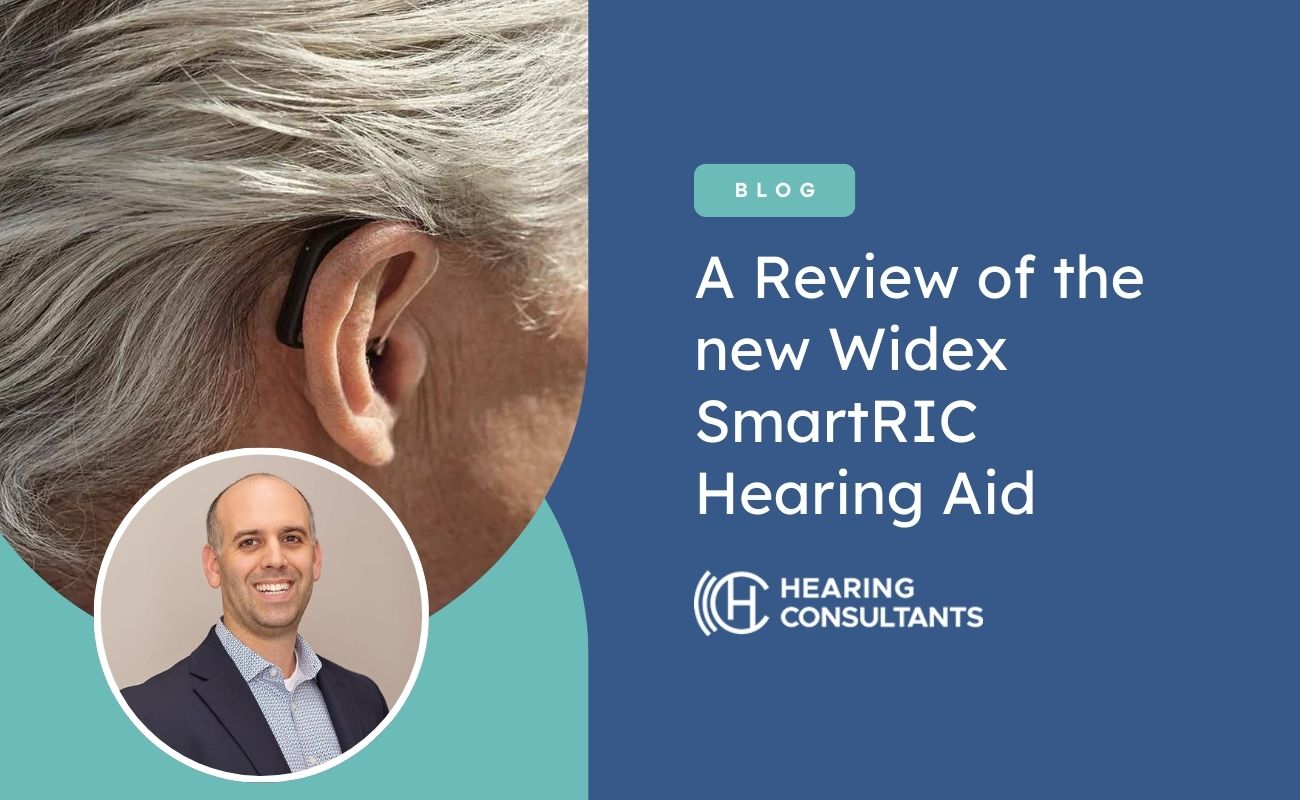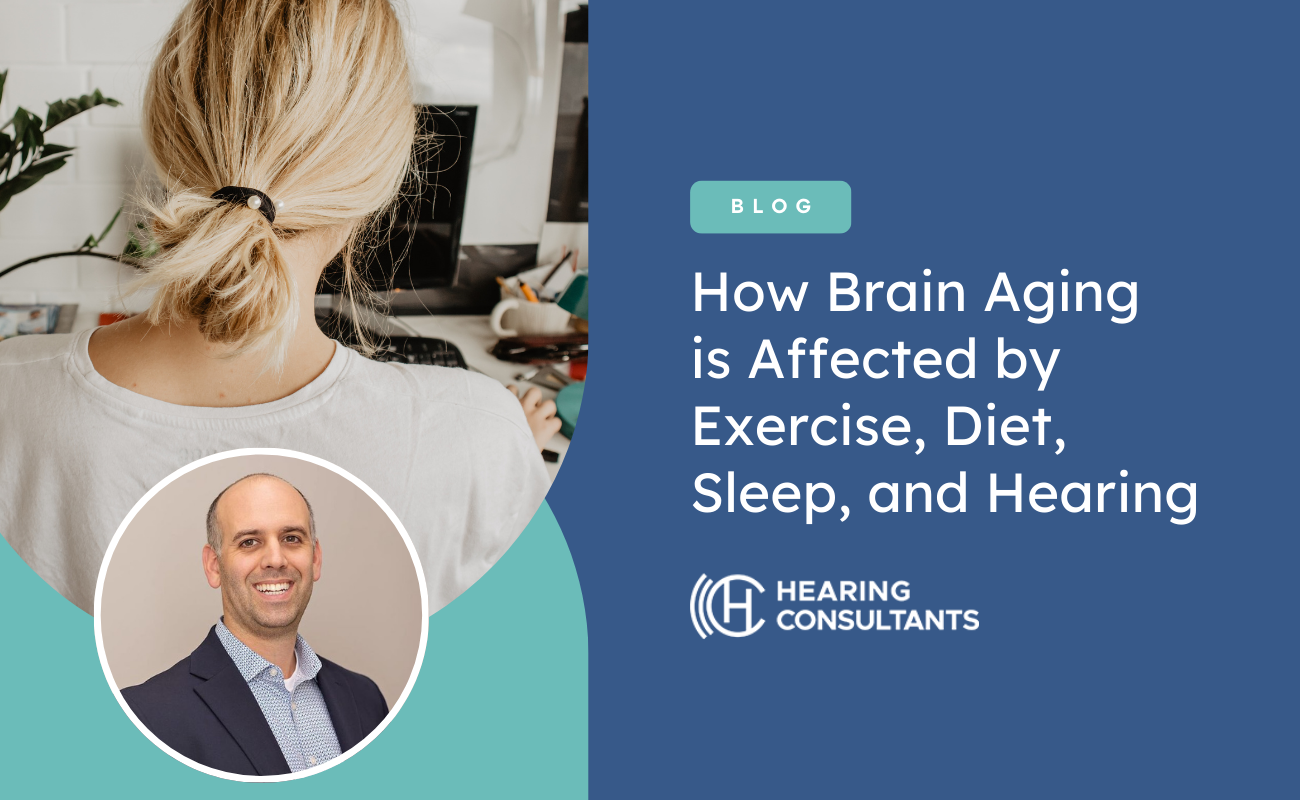Hearing Loss & Cognitive Decline
Do you think that hearing loss isn’t really affecting your life? While many Americans think their hearing loss isn’t a big deal, even mild hearing loss is linked to cognitive decline and an increased risk of dementia. Studies show that if you have a moderate or severe hearing loss, you’re far more likely to experience rapid cognitive decline.
Hearing Loss and the Brain
Hearing loss is caused by damage to the cells in your inner ear, but hearing loss isn’t just in your ears. It also has a profound impact on your brain. When the cells in your ear are damaged, they can’t send signals to the brain, and your brain doesn’t receive information about all the sounds around you. There are several ways hearing loss affects your brain:
- When you’re living with untreated hearing loss, your brain is straining to hear, and it works overtime trying to fill in the blanks in your hearing. You struggle to follow conversations, hear on the phone, or understand the speaker at an event. Hearing loss can tire the brain, making it hard for you to focus on tasks or maintain your cognitive abilities.
- Hearing loss can also lead to social isolation. It can be embarrassing to mishear what’s been said, and you may avoid meeting friends rather than spend the evening asking people to repeat themselves. Social isolation is also linked to cognitive decline, since without a lot of social interaction, your brain isn’t getting enough simulation to stay healthy.
- Finally, hearing loss can lead to brain atrophy. When your ears aren’t sending signals to the brain, the auditory regions of the brain aren’t stimulated. These areas can be damaged, leading to changes in learning, memory, and cognition.
Hearing Loss and Cognitive Decline
Living with untreated hearing loss isn’t just about straining to hear, it’s closely linked to cognitive decline. A recent study by Dr. Frank Lin and colleagues shows that adults with hearing loss have a 24% higher risk of cognitive decline than adults who can hear. Even those with mild hearing loss risk more rapid cognitive decline.
Dr. Lin tested hearing and cognitive abilities in nearly 2,000 older adults, and his study revealed that adults with untreated hearing loss experienced more rapid cognitive decline. Adults with hearing loss have a harder time completing thinking and memory tasks, and show an earlier onset of cognitive decline. The rate of cognitive decline for adults with hearing loss was 40% faster than for adults without hearing loss!
How Treating Hearing Loss Can Help
Treating hearing loss with hearing aids can improve your quality of life in a number of ways. You’ll be able to follow conversations with loved ones and enjoy meeting friends in places with background noise. Hearing aids minimize distracting sounds to help you focus on what you want to hear. Hearing aids can even wirelessly connect to your phone so you can stream audio directly to your ears.
When you treat hearing loss, you can slow cognitive decline and reduce your risk of dementia. Hearing aids help your ears and your brain hear all the sounds around without putting a strain on the brain. You can feel confident meeting friends and being social, knowing that you’ll be able to hear each and every word. Finally, when you treat your hearing loss with hearing aids, you’ll keep your brain active and healthy.
Getting a Hearing Test
Have you been avoiding getting a hearing test? Maybe you don’t want to find out that your hearing isn’t as good as it once was. However, putting off your hearing test doesn’t change your hearing abilities, and avoiding treating hearing loss can lead to cognitive decline.
Schedule a hearing test with our team and find out more about your hearing loss. During the hearing test we’ll play a number of tones at both high and low pitches. All you have to do is let us know when you’ve heard a sound. Your results are displayed on an audiogram that shows you exactly which sounds you can hear, and which sounds you’re missing. With this hearing test, you’ll be able to find the perfect hearing aids to treat your hearing loss, and slow cognitive decline.
Get in touch with
Hearing Consultants
Contact our clinic to schedule an appointment today!







